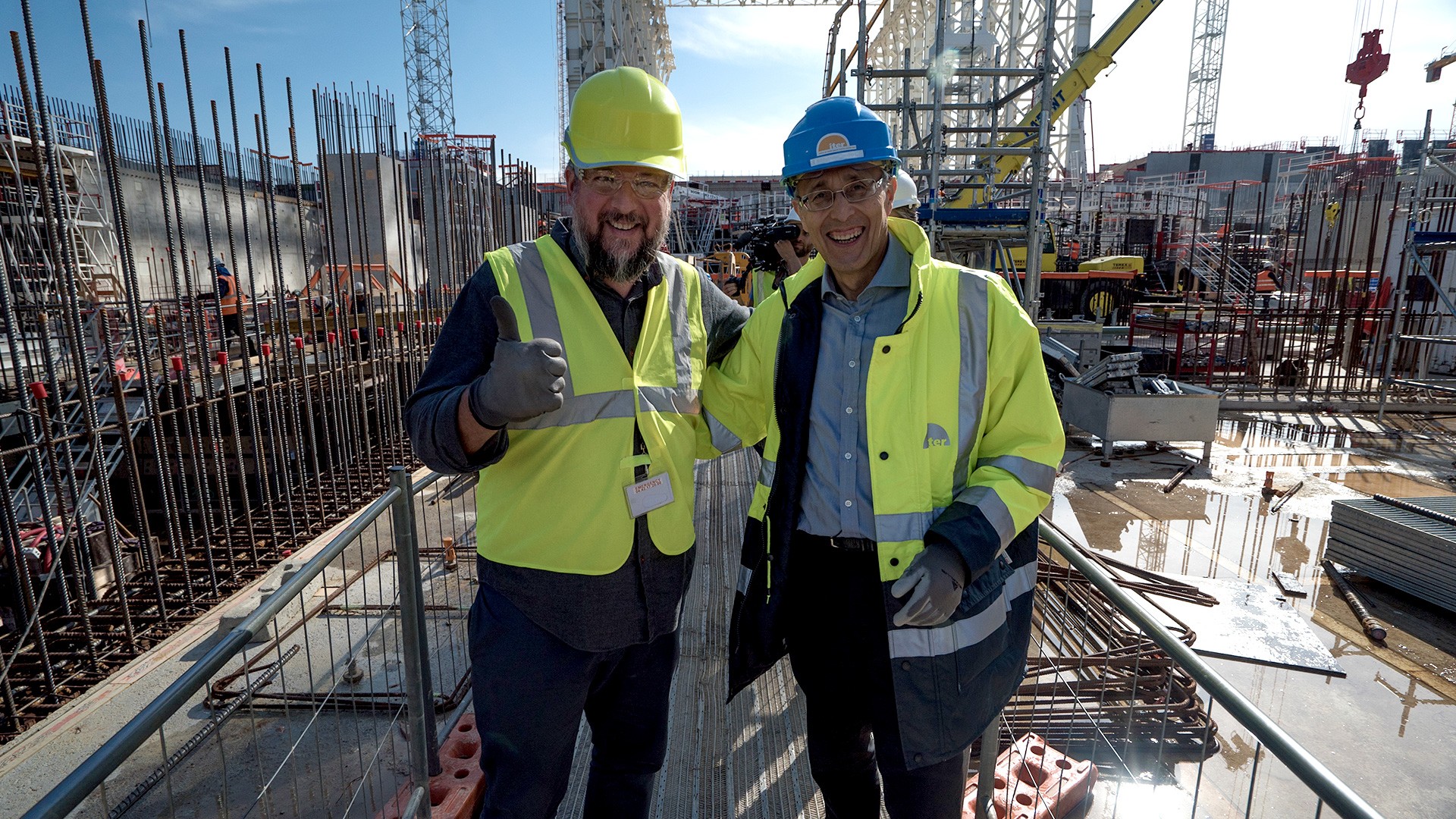Over the past decade, Fallone told me Barefoot has trained over 1,300 women as solar engineers. "These are rural poor women who are both illiterate and semi-literate—no formal schooling is needed. The curriculum is taught without the written word, it's entirely visual," she explained.The women attend six-month training programs at the first campus in Rajasthan, India, or at regional vocational centers Fallone said are currently being expanded across sub-Saharan Africa, the Pacific Islands, and Latin America. The centers are funded by the host country's government, the government of India, and both the private and philanthropic sectors."This technology can be taught, it can be learned by very ordinary people."
Check out more videos from VICE:

During the six month training, the women—who are taught by other non-formally educated, semi-illiterate and illiterate people—learn to build home solar systems "from the circuit boards out." The hardware itself, Fallone said, is also designed by the rural poor—as is the color code system that engineers learn to use for precise implementation.
"Solar mamas" working with engineering material. (Photo via Channa Van Leijsen)
Fallone tells me it was with some of the solar mamas that the idea for Barefoot's Enriche programs came about. These co-curricular workshops cover women's health; financial inclusion; human, legal, and civil rights; micro-enterprise; livelihood skills; self-awareness, aspiration, and agency; digital literacy; and environmental stewardship. One of the workshops Fallone said women gravitate toward the most is on reproductive health, menstrual health, and nutrition. The other is aspirational mapping, in which women draw murals of what they desire for their communities and work together to achieve their goals. Following solar electrification in Madagascar, it was through aspirational mapping that women installed community toilets. Now they are working toward smart rice farming.Over the past decade, Barefoot has trained over 1,300 women as solar engineers. "These are rural poor women who are both illiterate and semi-literate—no formal schooling is needed. The curriculum is taught without the written word, it's entirely visual."
A woman sewing in one of the Enriche programs. (Photo via Channa Van Leijsen)
"The livelihood programs have seen the solar mamas taking up additional skills that are useful to them," Kuloba added. In Zanzibar, where both the sewing and beekeeping programs were launched in 2015, "So far, 16 women have been trained on sewing and 11 on beekeeping… This has given them a position in their community. The community has been able to recognize their efforts, which is very important in their growth as leaders who are making a difference in their communities. They are able to take up new challenges and are ready to learn."READ MORE: Here's How the UN Hits Their Sustainable Development Goals on Climate
Women in the beekeeping program. (Photo via Channa Van Leijsen)
